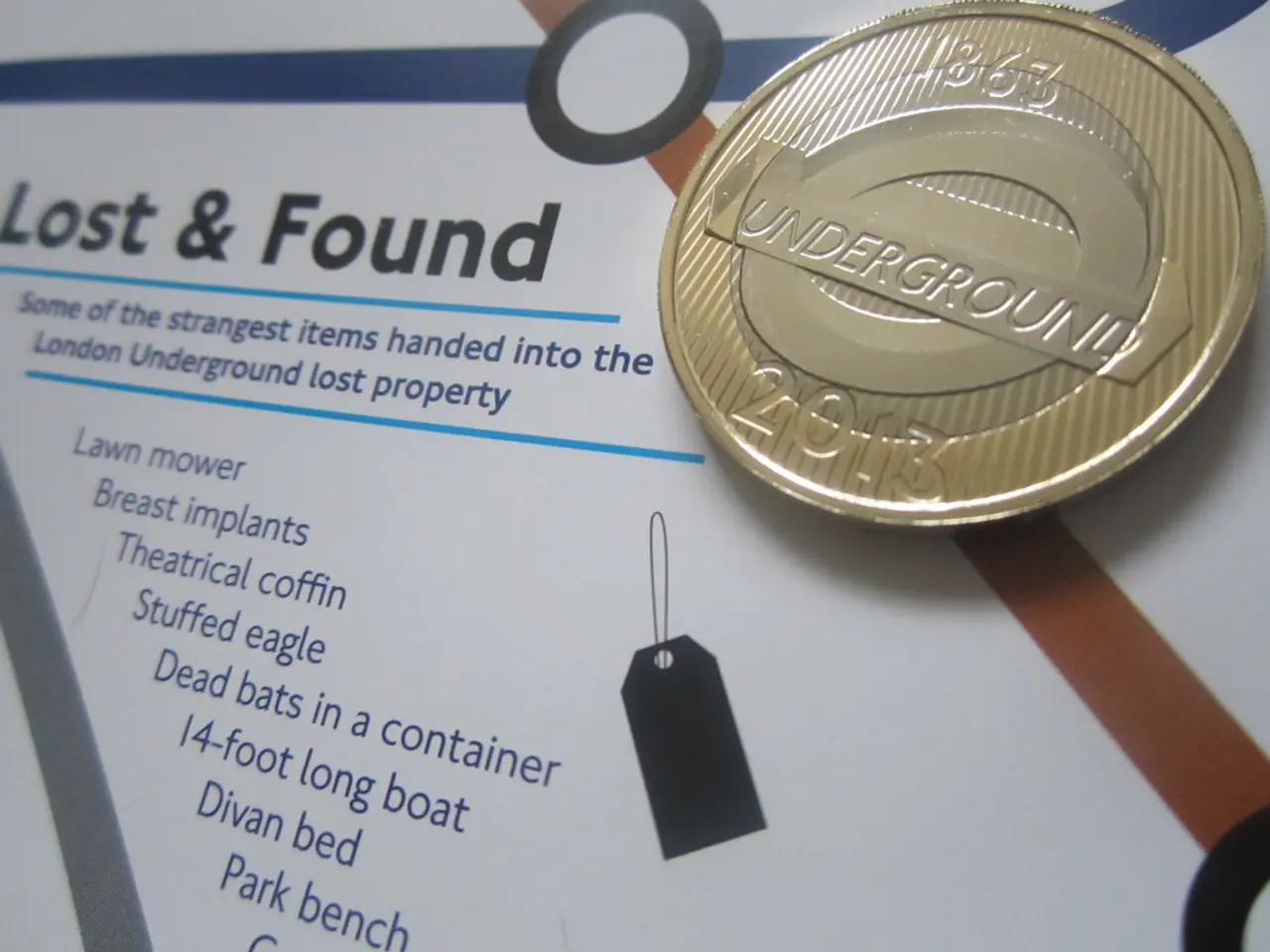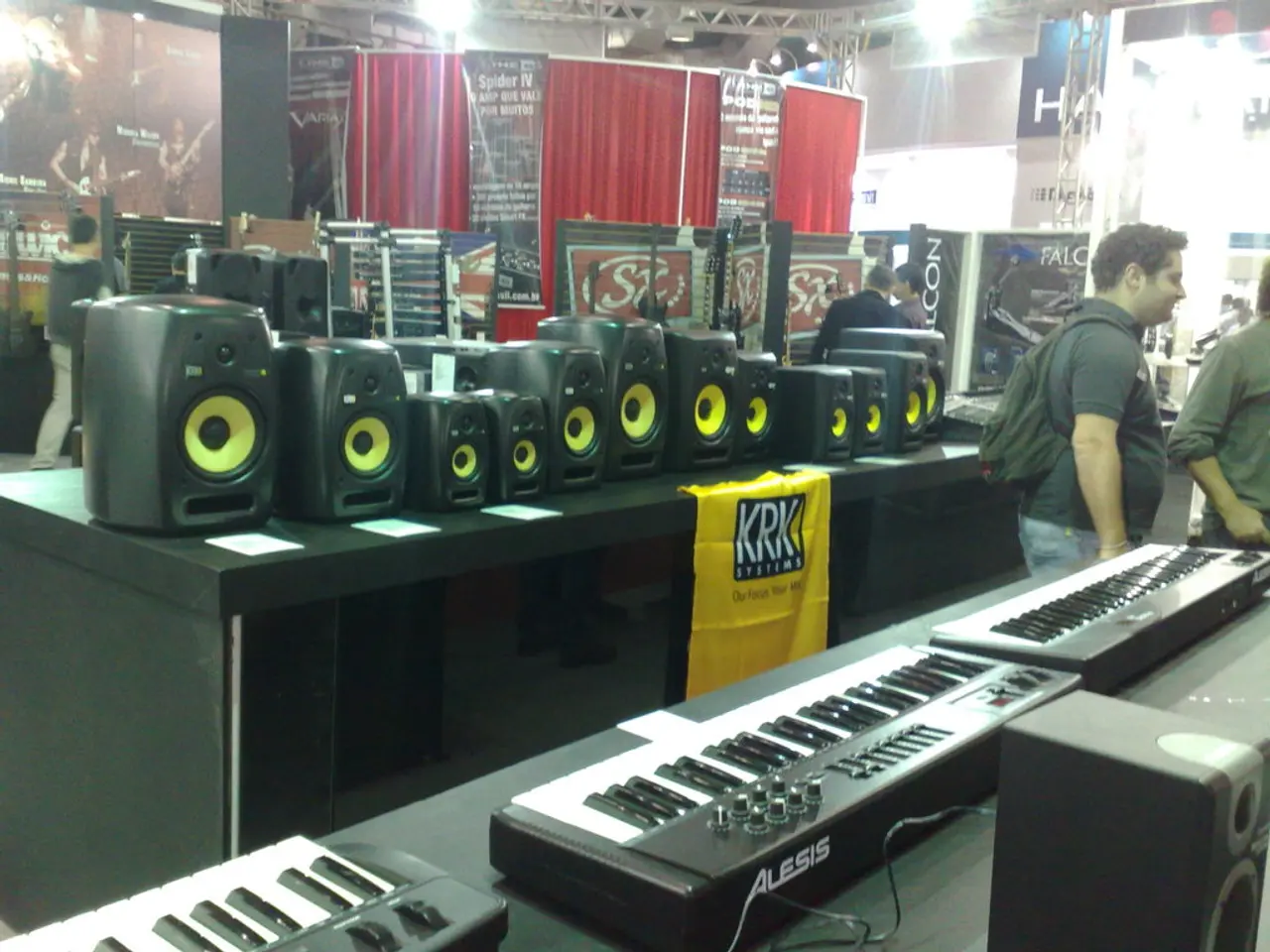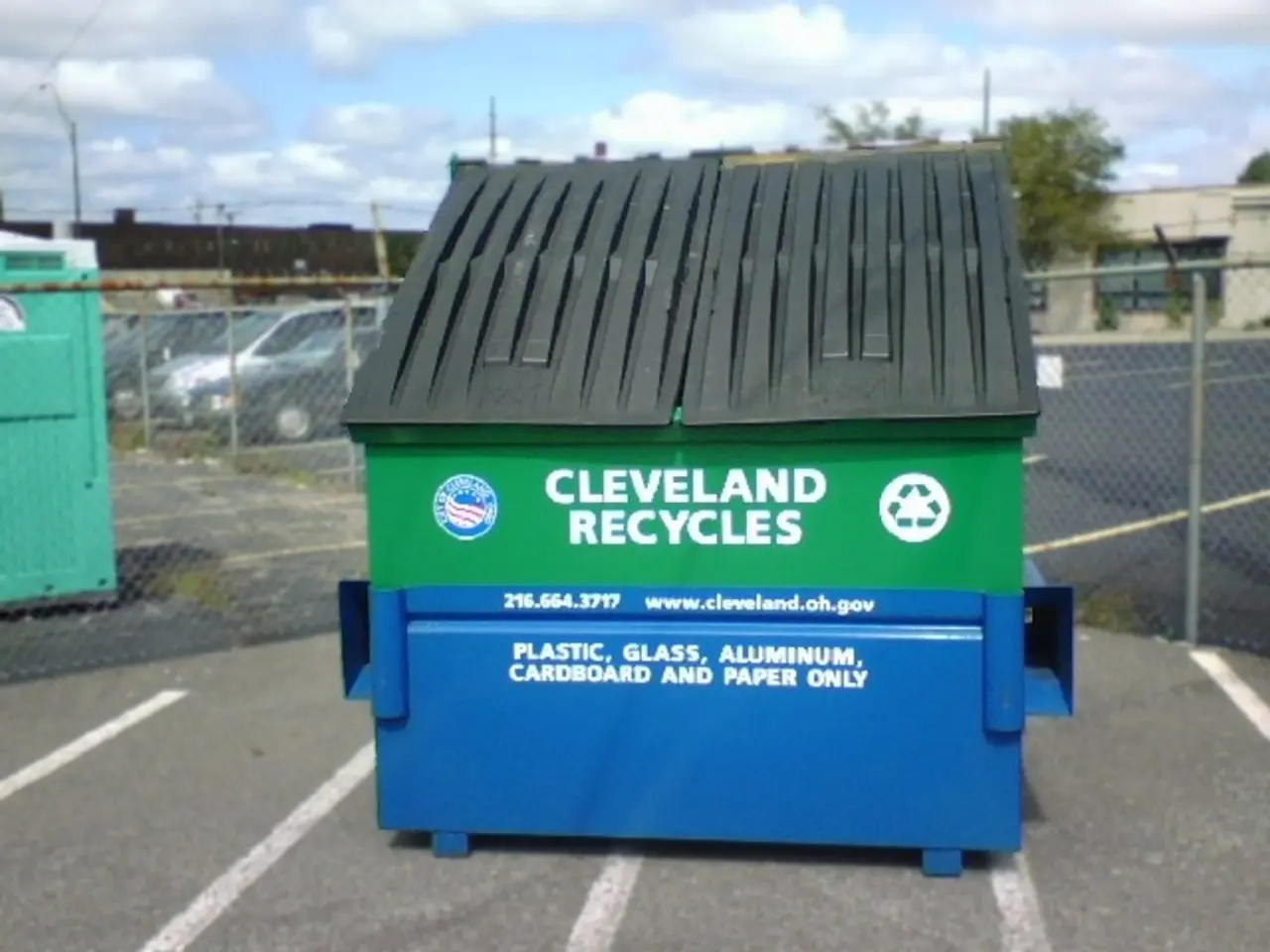Bridge-builder praise for the AIF, as stated by Gitta Connemann.
At the 72nd annual meeting of the AIF - Alliance for Industry and Research e.V., held in Berlin on July 7, 2025, Gitta Connemann, Parliamentary State Secretary, and Thomas Reiche, a representative of AIF, discussed the current state and future plans for Germany's key industrial research funding programs, including ZIM, IGF, and INNO-KOM.
The ZIM (Zentrales Innovationsprogramm Mittelstand) remains the largest program for supporting innovation-driven SMEs in Germany, sponsored by the Federal Ministry for Economic Affairs and Climate Action (BMWK). It continues to be managed strongly by AiF Projekt GmbH, ensuring ongoing support for medium-sized enterprises to develop innovative technologies and solutions. The emphasis for 2025 is on leveraging ZIM to empower the German Mittelstand to meet emerging technological challenges and exploit new market potentials.
Although the search results did not explicitly mention detailed updates on IGF (Industrielle Gemeinschaftsforschung) and INNO-KOM (Innovationsprogramm für KOMmunale Technologien) in the 2025 context, these programs are traditionally pillars in industrial research funding. IGF historically supports collaborative industrial research projects across various sectors, with emphasis on applied research carried out by research associations and companies. INNO-KOM focuses on fostering innovations at municipal level and local infrastructures.
Since AiF is the umbrella organization encompassing many industrial research associations and manages these forums, it is reasonable to infer that IGF and INNO-KOM remain active components under AiF's technology-open and cross-sector network strategy, closely aligned with government innovation policies emphasized in 2025.
Gitta Connemann and Thomas Reiche likely emphasized the strategic importance of these programs within the broader German Innovation and Climate strategy, reinforcing public-private partnerships, continuing strong funding, and focusing on cutting-edge, climate-relevant, and future-oriented technologies.
In summary:
| Program | Current State (2025) | Future Plans (Indicative) | |-----------|---------------------------------------------|-------------------------------------------------------| | ZIM | Largest innovation funding for SMEs, active management by AiF Projekt GmbH, aligned with BMWK goals | Continue supporting SME innovation, addressing new tech challenges, fostering sustainable, climate-friendly solutions | | IGF | Remains a core industrial research collaboration program under AiF, supporting sector-spanning R&D | Likely focus on cross-sector innovation and scale-up, stronger integration with climate and digital transformation goals | | INNO-KOM | Active in fostering municipal and local innovation projects, part of AiF network | Increasing focus on smart, sustainable municipal technologies and infrastructure innovation |
The AIF (Alliance for Industry and Research e.V.) has undergone a transformation since the beginning of the year, with a new name, website, and logo. The new AIF focuses on strengthening industrial research in Germany, with a particular emphasis on cross-industry knowledge transfer and networking. The AIF board has also demanded an increase in funding for ZIM, IGF, and INNO-KOM, proposing allocations of 600 million euros, 300 million euros, and 100 million euros respectively.
The German Bundestag has confirmed additional commitment authorizations of up to 272 million euros for industrial research funding programs. Connemann, who emphasized the high priority of the topic of "innovation" in the coalition and described it as a "continuous red thread," announced a significant reduction in bureaucracy for industrial research funding programs.
Thomas Reiche, a representative of AIF, appreciates the commitment of high-ranking officials like Connemann. The press contact for AIF is Frauke Frodl, who can be reached at the provided phone numbers and email address.
[1] Source: Official AiF sources from July 2025.
After conferring at the AIF's annual meeting, Gitta Connemann and Thomas Reiche highlighted the strategic importance of the finance-related programs ZIM, IGF, and INNO-KOM within Germany's innovation and climate strategy. Although specific updates for 2025 were not explicitly mentioned regarding IGF and INNO-KOM, they are deemed active components under AiF's network strategy, emphasizing cross-industry knowledge transfer and networking. The AIF board has demanded increased funding for these programs, with proposed allocations of 600 million euros for ZIM, 300 million euros for IGF, and 100 million euros for INNO-KOM.
In addition, the German Bundestag has affirmed additional funding commitments of up to 272 million euros for industrial research programs, aiming to streamline bureaucracy in these finance areas. These ongoing plans clearly indicate a continued focus on business innovation and growth in Germany.




